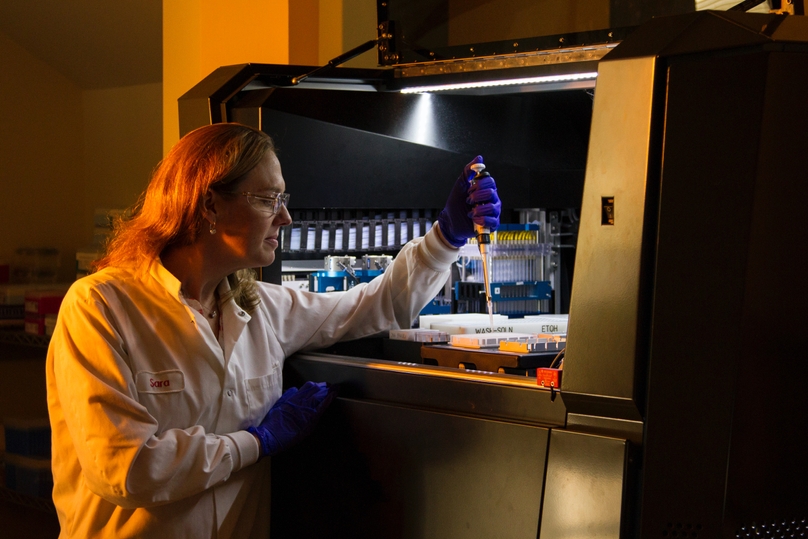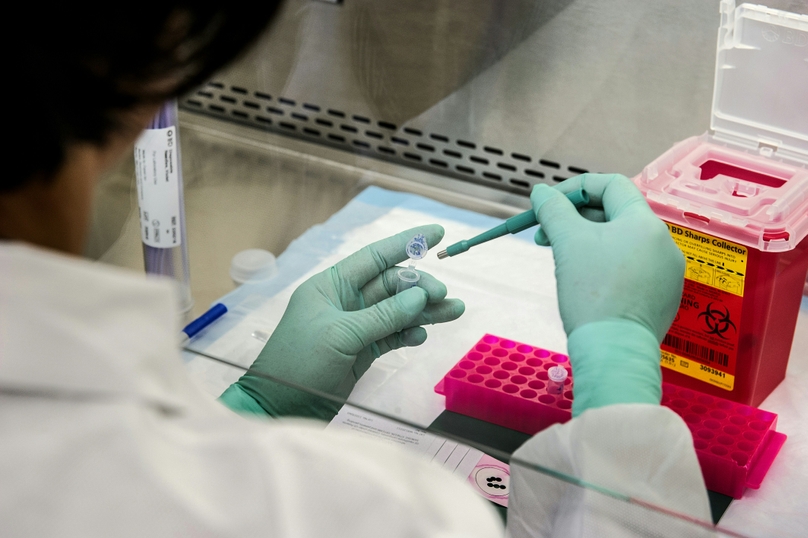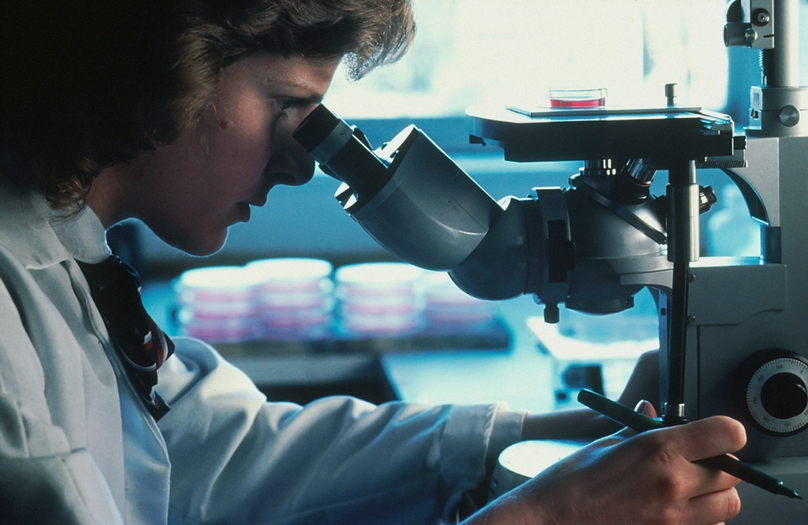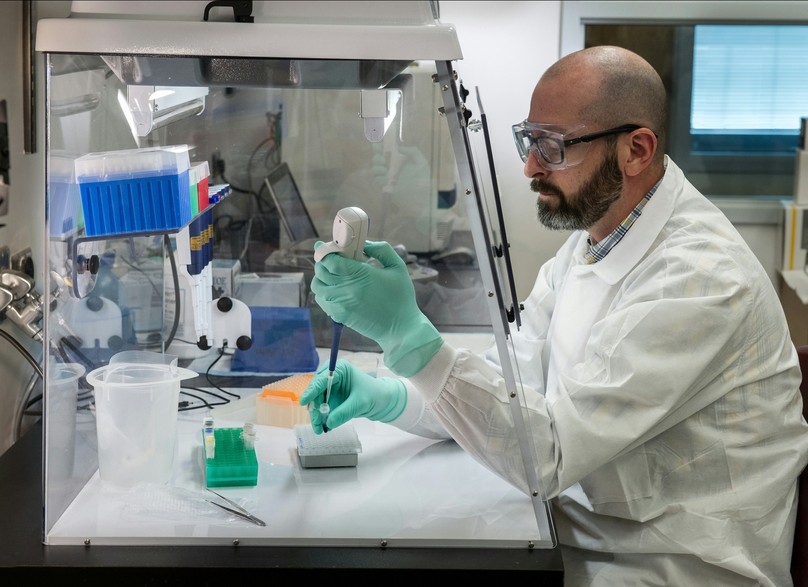What Does Lab Management Entail?
Lab management is a demanding job. It requires organizing experts from different backgrounds with different abilities so they can work together effectively.
Adhering to lab protocols and standards is equally imperative. A successful lab manager must also be able to maintain an up-to-date inventory of a lab’s equipment and materials. They must always be available and functioning to advance the lab’s goals.
Becoming a lab manager takes training and dedication. There are specific educational requirements. These include at least a bachelor’s degree in an area of study related to a specialized industry, such as biotechnology, biomedical sciences, or medical technology.
For career advancement, advanced degrees in these fields can open many doors. As can specialisms in specific areas such as biopharmaceutical analytical sciences, agricultural biotechnology, scientific information management, and process sciences.
Beyond these scientific qualifications, other skills are important to ensure the running of a laboratory is as streamlined and productive as possible. This article will review the six essential skills needed to ensure efficient lab management.
Laboratory Management Skills
Whether considering a career in lab management or aiming for a promotion in your field, you will need certain skill sets that you may not be aware of yet. These skills can help streamline research and development (R&D) processes for the life sciences.
Budgeting
The ability to budget for the cost of laboratory operations is crucial for a thriving lab. Without adequate budgeting, the lab’s future may be at stake, so this is one of the most important skills to have because acquiring government funding is a competitive business.
Lab managers must also be aware of other sources of funding. Wherever you choose to apply for financial support, you will need to have an in-depth knowledge of the grant application process. A laboratory budget has three main components:
- Supplies: You can’t keep your lab running without the appropriate supplies. Factoring in the daily cost of running your lab is essential to your budget.
- Major equipment: You need a full inventory of your existing equipment before you begin purchasing. This will enable you to categorize and prioritize your funds effectively.
- Staff budget: Personnel takes up a significant part of your budget. When making hiring decisions, you must consider what percentage of your budget is allocated for staff salaries.
Decision-making
Your lab manager position means you are responsible for the whole team. This position requires strong leadership and decision-making skills. Managing human resources and making financial decisions around them is where decision-making and budgeting intersect.
Good communication is key when making decisions for the team, such as hiring new lab members or acquiring healthcare. Other important decisions may include the following:
If the lab has the expertise it needs
How to allocate duties and promote collaboration
Which tools to use for specific tests or research
Whether or not to outsource external vendors
How to maximize risk management
What risks the lab is willing to take
Instrumentation
The lab’s productivity will depend largely on the types of instruments you purchase and implement—for example, the right reagents for laboratory practices, the right equipment for lab work and laboratory practices, and how you manage quality control for laboratory testing. To optimize instrumentation within the lab, you may want to consider the following questions:
Will a LIMS increase productivity?
What is the best way to define work areas?
What is the best way to facilitate equipment sharing?
How can the team keep the lab organized?
What factors help establish a sustainable work schedule?
Mentoring
One of the best ways to help out new team members, teach fundamentals, and familiarize lab members with new additions to their work environment is through mentoring.
Implementing a lab mentoring program provides you with a valuable vehicle for establishing and strengthening a quality management system. It can also help you meet your accreditation goals. Other benefits include:
Assisting new members to connect with experts in their field
Improving career satisfaction
Boosting productivity throughout the lab
Raising self-awareness and self-confidence
Acquiring new talent to further laboratory services
Improving lab safety
Troubleshooting
The lab’s efficiency depends on clear and consistent protocols and instructions that align with current regulatory guidelines. Regulatory checks of these are vital.
However, to maintain a high-performing lab, you must implement an adequate troubleshooting strategy to prevent catastrophes. You can become a successful troubleshooter in your lab by doing the following:
Identifying the problem before it goes to team members
Creating a list of all the possible causes
Collecting all the relevant data
Eliminating and narrowing down causes
Checking the experimentation
Identifying the specific cause
Problem-solving
Whether your field is biotechnology, medical research, or pharmaceutical development, problem-solving is important to managing a successful lab. This skill means recognizing problems as they arise and developing innovative solutions. These are some common problems you may have to deal with in lab management:
Overcoming issues in the clinical laboratory
Improving workflow efficiency
Issues with regulatory compliance
Quality management glitches
Additional Management Skills
As well as the above skills, these additional skills are crucial for lab management. They can help you enhance your abilities and keep your lab running smoothly.
Financial Management
Financial management means taking your budgeting skills to another level to manage the lab’s resources. You need to know how to use several tools to keep abreast of the lab’s past, current, and projected financial status—balance sheets, statements of income and cash flow, and liabilities, for instance. An electronic inventory management tool can help streamline your financial management process.
Project Management
A project management software solution can improve and simplify managing your lab. These tools will help you combine your laboratory protocols, statuses, and updates in one user-friendly dashboard. By creating a collaborative workspace, all the members of your team have easy access to experiments and research progress.
Quality Management
Well-timed regulatory checks will ensure the safety of lab work and lab members. You can ensure that your workflow leads toward a successful lab environment by introducing a digital dashboard to organize quality control protocols and experimental data. Doing this also enables you to share information throughout your team in real-time.
Manage Your Laboratory Operations with Genemod
Modern lab research shouldn’t have to be a laborious chore. Our team at Genemod can help you implement an intuitive software solution that simplifies how you manage your lab while transforming how you coordinate and collaborate with your team.
What’s more, Genemod offers one of the most affordable freemium solutions. This means that you only need to add the functions you need. This makes it great for your budget and easy to upscale as you grow.
Contact Genemod today and let us help you reach your maximum potential with your lab management skills.















